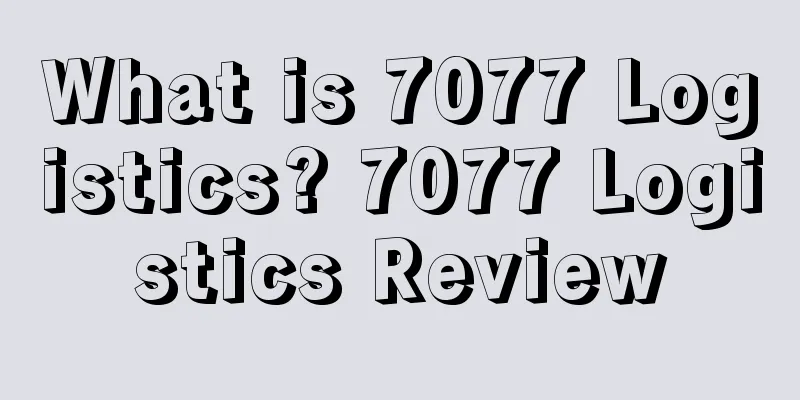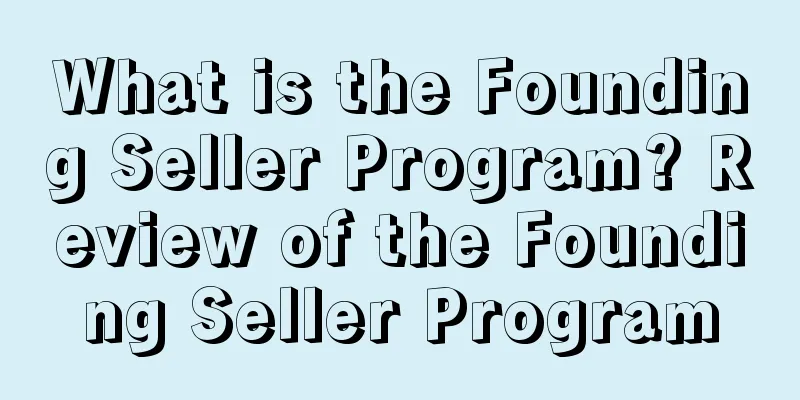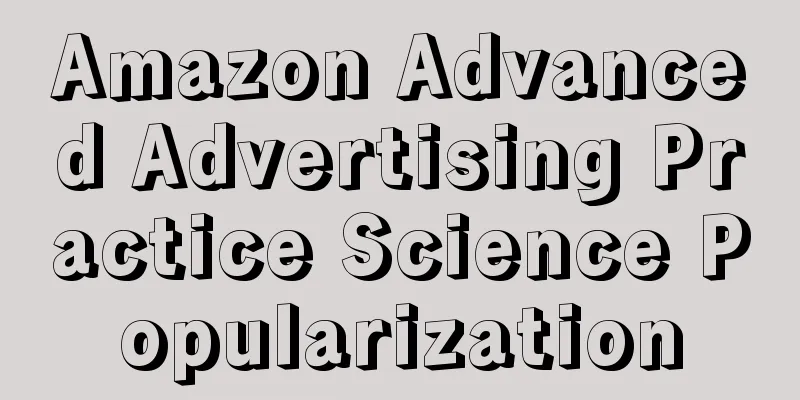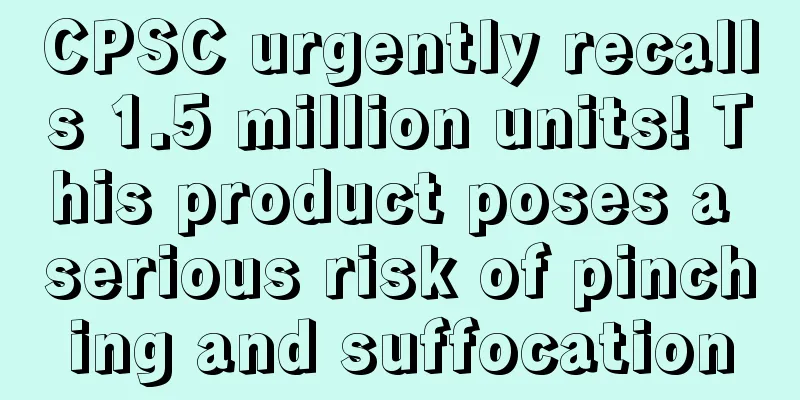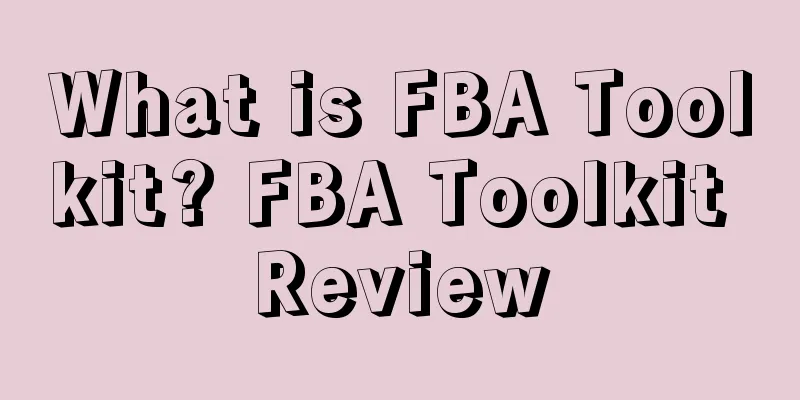Warning丨Beware of listing delisting during peak season! A large number of European and American sellers have received compliance requests! Many categories
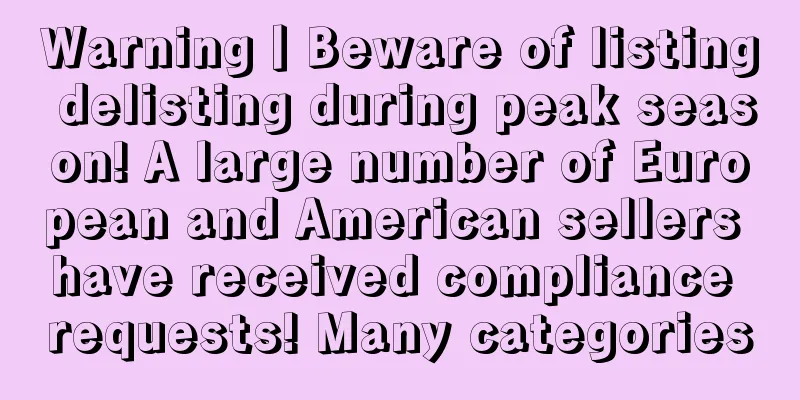
|
But before the peak season, Amazon is always making trouble... During this period, many sellers on European and American sites received emails from Amazon regarding "Product Compliance Requests" The content of the email shows that some products sold by sellers require the upload of compliance documents. If the required documents cannot be uploaded within the specified time (the date varies for different sellers), your listing may be removed from the shelves. (Image source: Amazon backend screenshot) Sellers can check it by going to the backend "Performance-Account Status-Product Compliance Request" (some sellers did not receive email notifications, but still need to upload). Documents must be submitted for each ASIN in sequence. The email mentioned that each ASIN only needs to be submitted once, but the ASIN that needs to be submitted to each site may be different, so sellers must pay attention. If not handled carefully, the peak season will be really ruined. It is understood that sellers in the United States and Europe have received the email, and the categories involved include toys, furniture, accessories and decorations, and some electrical products. Some sellers said that last year in October, in order to ensure product quality and buyer safety before the peak season, Amazon deleted many listings, and then required sellers to submit a product compliance declaration (DOC) to appeal. The situation is similar to this year, but this year the product range is wider. Different categories require different audit documents. According to toy sellers on Amazon in the United States, the two documents required to be submitted are mainly CPC and ASTM audits. For European market sellers, CE safety certification mark is a mandatory certification mark Whether it is a product produced by an EU company or a product produced in other countries, if it wants to be freely circulated in the EU market, it must be affixed with the "CE" mark. The peak season in the second half of the year is coming, and many sellers are waiting to show off their skills and make a big sale! However, for the peak season, the editor reminds you to always pay attention to the compliance requirements of the products and eliminate compliance risks before the peak season arrives! ■ FDA FDA is the Food and Drug Administration, and its responsibility is to ensure the safety of food, cosmetics, drugs, biologics, medical devices, and radioactive products produced or imported into the United States. If the products sold by sellers involve food, drugs, or any products that need to come into contact with the human body, they are required to submit such certification. Product examples Food and medical equipment, such as meat, snacks, ventilators, nursing beds, etc. ■ CPC The U.S. Consumer Product Safety Act (CPSA) stipulates that manufacturers and importers of children's products must provide a written Children's Product Certificate (CPC) based on the test results of a CPSC-approved laboratory to prove that their products meet the corresponding children's product safety regulations. CPC applies to all products that are primarily intended for children aged 12 and under. If they are produced locally in the United States, the manufacturer is responsible for providing it, and if they are produced in other countries, the importer is responsible for providing it. Product examples Electric toys, rattle toys, pacifiers, children's clothing, strollers, cribs, fences, carriers, safety seats, bicycle helmets, etc. ■ FCC FCC is the abbreviation of the Federal Communications Commission of the United States, which is responsible for coordinating domestic and international communications. Many radio application products, communication products and digital products require FCC approval to enter the US market. Product examples Personal computers and their peripherals, household appliances, power tools, audio and video products, lamps, wireless products, toys, security products, industrial machinery, etc. ■ DOT DOT is the US Department of Transportation, which is responsible for developing and improving regulations related to transportation and transport, making a series of regulations and issuing certificates for various means of transportation and dangerous goods entering the United States. DOT certification is a mandatory certification. All motor vehicles and accessories sold in the United States must pass DOT certification and have the DOT mark. Product examples Motor vehicles and spare parts products ■ CE In the EU, the "CE" mark is a compulsory certification mark. Whether it is a product produced by an enterprise within the EU or a product produced in other countries, if it wants to circulate freely in the EU, it must be affixed with the "CE" mark to indicate that the product meets the basic requirements of the EU's "New Approach to Technical Harmonization and Standardization" directive. CE covers a wide range of products. In principle, more than 90% of products require CE. Product examples Toys, pressure equipment, radio equipment, implantable medical devices, gas stoves, etc. Special attention: New EU product safety regulations are introduced! Multiple categories will be affected On July 16, 2021, the new EU product safety regulation (called Market Surveillance Regulation (EU) 2019/1020) will come into force. This new regulation requires that products with the CE mark (except medical devices, cableway devices, civil explosives, hot water boilers and lifts) need to have a person located in the EU as the product compliance contact (ie "RsP Responsible Person"). The contact information of the Responsible Person needs to be displayed on the product or its packaging, package or accompanying documents. ■ RoHS RoHS (Restriction of Hazardous Substance) is a mandatory standard established by EU legislation, which is mainly used to regulate the materials and process standards of electronic and electrical products to make them more beneficial to human health and environmental protection. Product examples Large/small household appliances, toys, leisure and sports equipment, lighting equipment, user equipment, music equipment, IT and telecommunications equipment, etc. Today, Amazon is strictly reviewing product safety issues. Sellers must provide certification materials for review according to the platform's requirements to ensure that their products can be sold smoothly during the peak season. Otherwise, based on last year's experience, sellers who delay submission or do not submit will indeed have their listings removed. (Part of the information comes from Amazon Global Selling) |
>>: Big news! Three shipping companies were sanctioned, and a US shipping company was sued in court
Recommend
Walmart and HomeValet have reached a cooperation! Launched a smart temperature-controlled delivery box!
<span data-shimo-docs="[[20,"获悉,据外媒报道,近日沃尔...
What is the market situation and operational situation of Amazon in 2022?
First look at the basic trend of any industry: an ...
Another best seller is coming soon? Response to Amazon’s account suspension: No violation!
▶ Video account attention cross-border navigation ...
Amazon is cracking down! ! You should know these "restricted areas"
Let's talk about something happy, today is Fr...
Trump gave money! Sellers received a huge order, and sales soared by 700,000%! The secrets of the hot-selling products abroad are revealed!
Since the outbreak of the epidemic, coupled with a...
Amazon's top management is in turmoil! They will intervene to deal with logistics delays
Yesterday, Amazon officially spoke out about the ...
What is Udaan? Udaan Review
Udaan is an Indian B2B e-commerce platform designe...
Catch store opening process
Catch Store Opening Guide Entry conditions Profess...
Suspected of illegal fund-raising! Shenzhen cross-border company is under investigation
It is learned that recently, the Nanshan Branch of...
What is Zhengyu Cross-border? Zhengyu Cross-border Review
Fujian Zhengyu Cross-border E-commerce Co., Ltd. i...
The unique pain points of each Amazon site
Scan the QR code to join our seller family More i...
What is Linio? Linio Review
Linio is the largest e-commerce platform in Latin ...
Watch out! Amazon 2025 will also have very strict restrictions on brand names!
Some sellers have recently reported that in addit...
What is Wesconnex? Wesconnex Review
Wesconnex combines extensive international busines...
